How pro cyclists have used DNA testing to improve their riding
Madison-Genesis riders are using DNA testing to identify their weaknesses
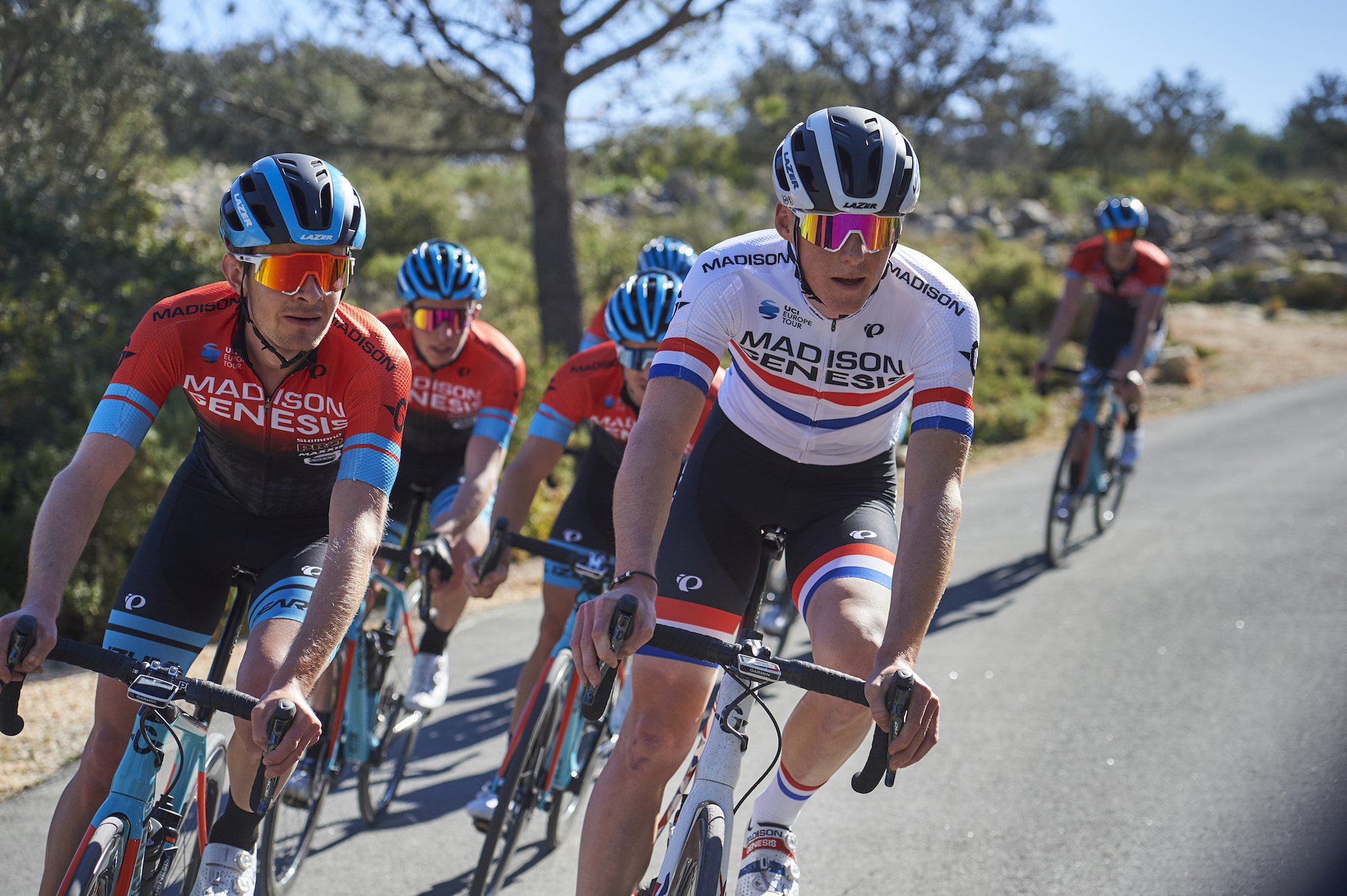
Promotional feature with Muhdo
Taking a DNA test to improve your cycling may sound like science fiction, but the technology is here now – and top riders are already using it to give themselves the edge over their rivals.
Muhdo Health is one company pioneering the science of genomics, and last year it teamed up with Madison to profile a variety of riders from both the Genesis and Saracen teams.
The aim was to help riders to understand their own bodies, and how their genetic idiosyncrasies could affect everything from training response and muscle building to possible dietary deficiencies.
Connor Swift and Joey Walker were just two of the riders that were keen to see how, after a quick analysis of their genetic code, they could unlock some key areas that they either might have not of thought about or just simply overlooked.
So after taking their initial DNA tests they were both relieved that being an elite level athlete was confirmed in their genes; both were highly gifted in various outcomes such as Muscle Stamina, Strength, Lactate Threshold and V02 levels.
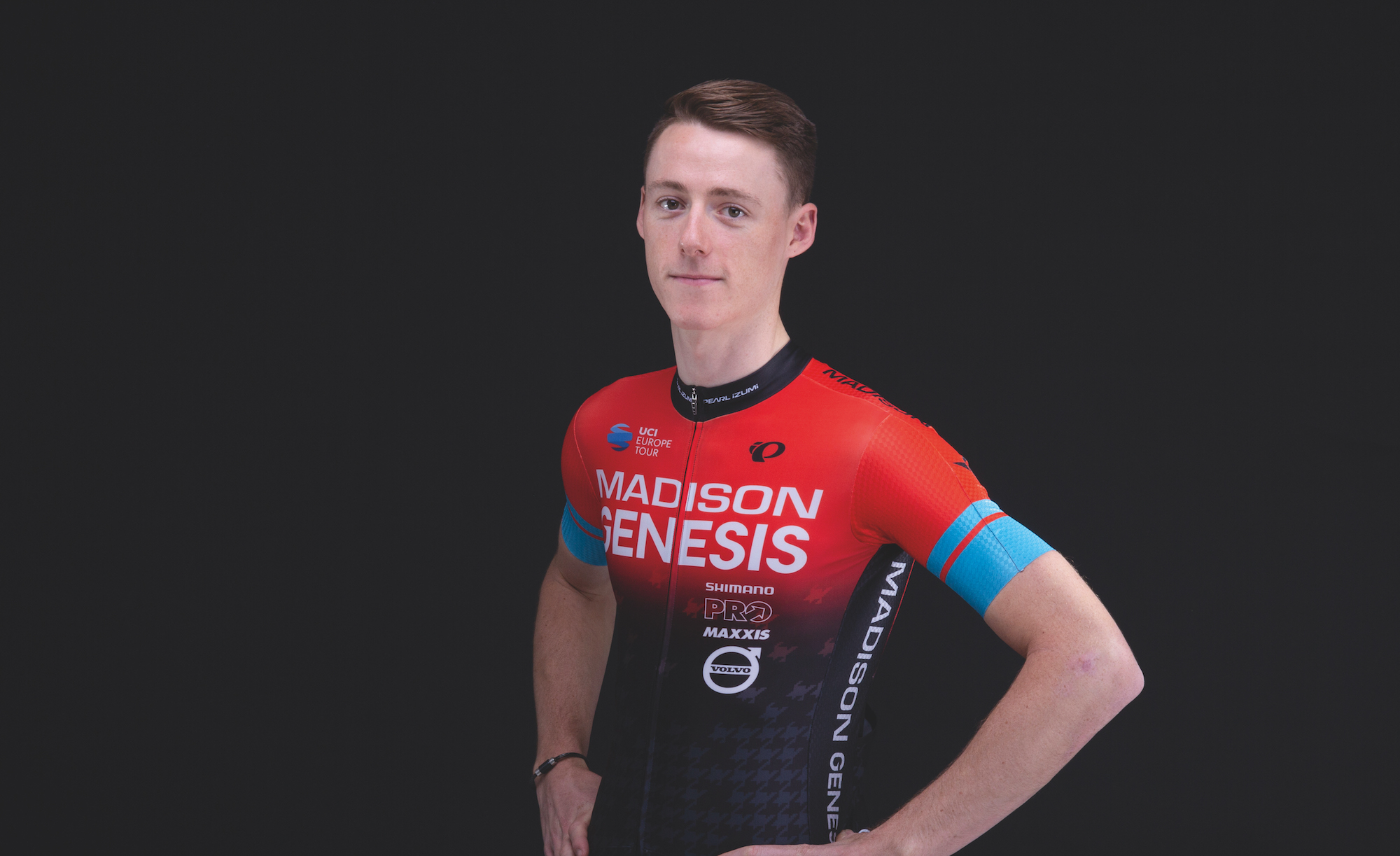
But what about their possible weaknesses, and what could they then do to improve them to optimise each time they get on their bikes?
Get The Leadout Newsletter
The latest race content, interviews, features, reviews and expert buying guides, direct to your inbox!
Both Swift and Walker (as with all of us) had various vitamins and minerals that they were less efficient at genetically converting and utilising. This will have a dramatic effect on multiple areas associated with their health and performance.
Swift had an increased risk of deficiency with magnesium as the genes associated with the transportation and absorption weren’t quite as efficient.
Magnesium is fundamentally important to your training as it allows the muscles to relax and improves muscle function, restores muscle length and circulation, which will improve your performance and reduce the chances of you becoming injured.
Swift metabolises caffeine extremely quickly which can be the cause of a few issues as well, due to the fact that the performance and cognitive enhancing effects that caffeine has will be short lived. This can lead individuals to top up with more caffeine to attain more of a kick.
Unfortunately with any action you will also get an opposing reaction, and in the case of caffeine that can mean dehydration, increased adrenaline and cortisol levels, which could lead to tissue degeneration and an increased chance of injury.
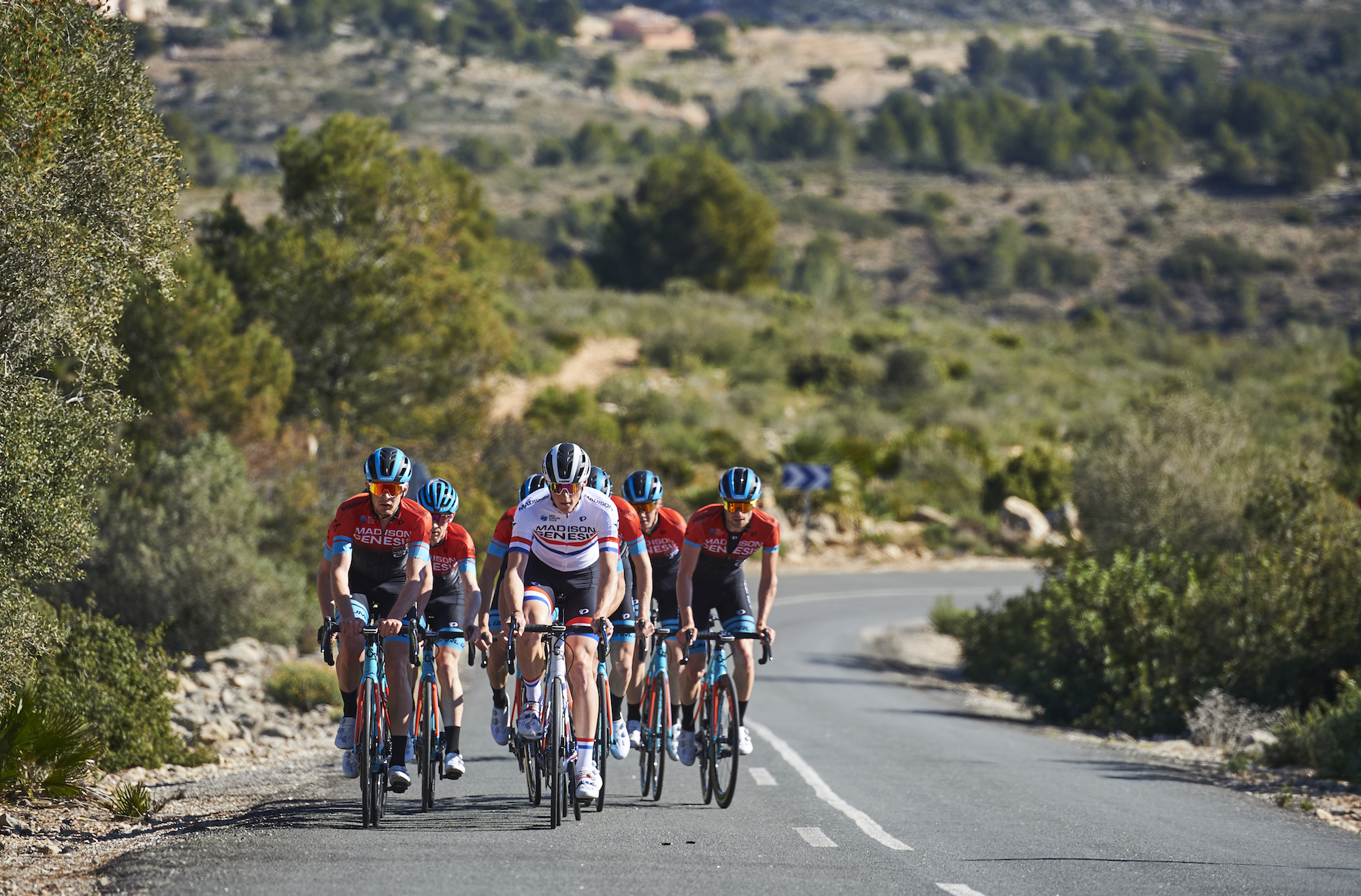
Walker on the other hand had an issue utilising selenium, which is an extremely important antioxidant that prevents cellular/subcellular lipids and fats from being peroxidised, meaning it prevents your body fat from going rancid.
During long distance cycling the body will be placed under an immense amount of stress, causing the body to produce Reactive Oxygen Species (ROS) also referred to as free radicals.
Selenium helps to combat this, but Walker was completely unaware that his antioxidant levels were being affected.
After tweaking a few key nutritional areas Walker actually knocked 30 seconds off his 10-mile PB in just a matter of weeks, which goes to show that even the smallest adjustments can allow for major improvements.
While no one can promise that, like Swift, you’ll stun the nation by winning the National Road Race Championships, taking a DNA test with Muhdo will help you understand your body, its strengths and deficiencies – and in doing so, you can improve your performance and your overall health.
Find out more at muhdo.com.

Thank you for reading 20 articles this month* Join now for unlimited access
Enjoy your first month for just £1 / $1 / €1
*Read 5 free articles per month without a subscription

Join now for unlimited access
Try first month for just £1 / $1 / €1
Founded in 1891, Cycling Weekly and its team of expert journalists brings cyclists in-depth reviews, extensive coverage of both professional and domestic racing, as well as fitness advice and 'brew a cuppa and put your feet up' features. Cycling Weekly serves its audience across a range of platforms, from good old-fashioned print to online journalism, and video.
-
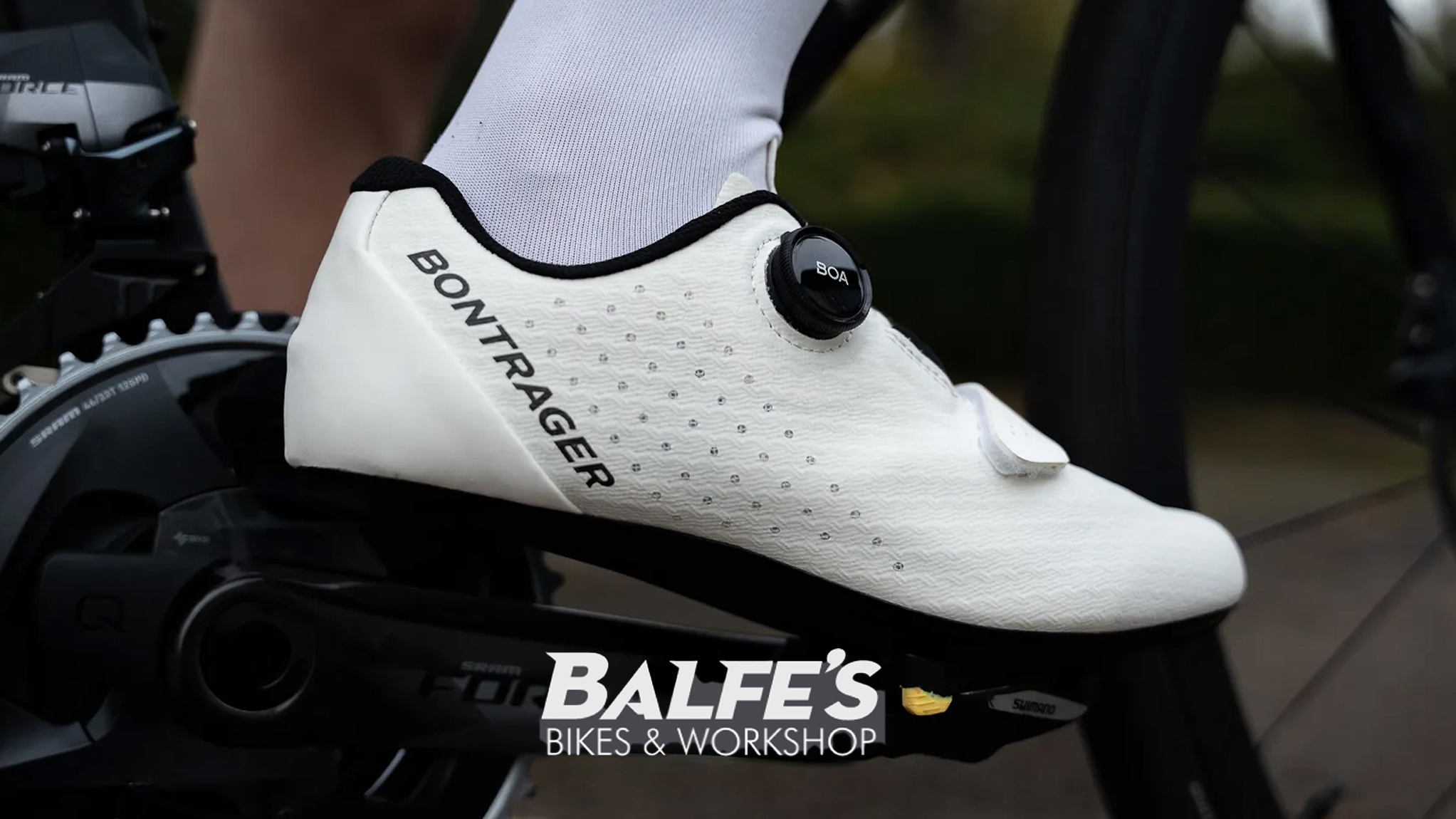 Gear up for your best summer of riding – Balfe's Bikes has up to 54% off Bontrager shoes, helmets, lights and much more
Gear up for your best summer of riding – Balfe's Bikes has up to 54% off Bontrager shoes, helmets, lights and much moreSupported It's not just Bontrager, Balfe's has a huge selection of discounted kit from the best cycling brands including Trek, Specialized, Giant and Castelli all with big reductions
By Paul Brett
-
 7-Eleven returns to the peloton for one day only at Liège-Bastogne-Liège
7-Eleven returns to the peloton for one day only at Liège-Bastogne-LiègeUno-X Mobility to rebrand as 7-Eleven for Sunday's Monument to pay tribute to iconic American team from the 1980s
By Tom Thewlis
-
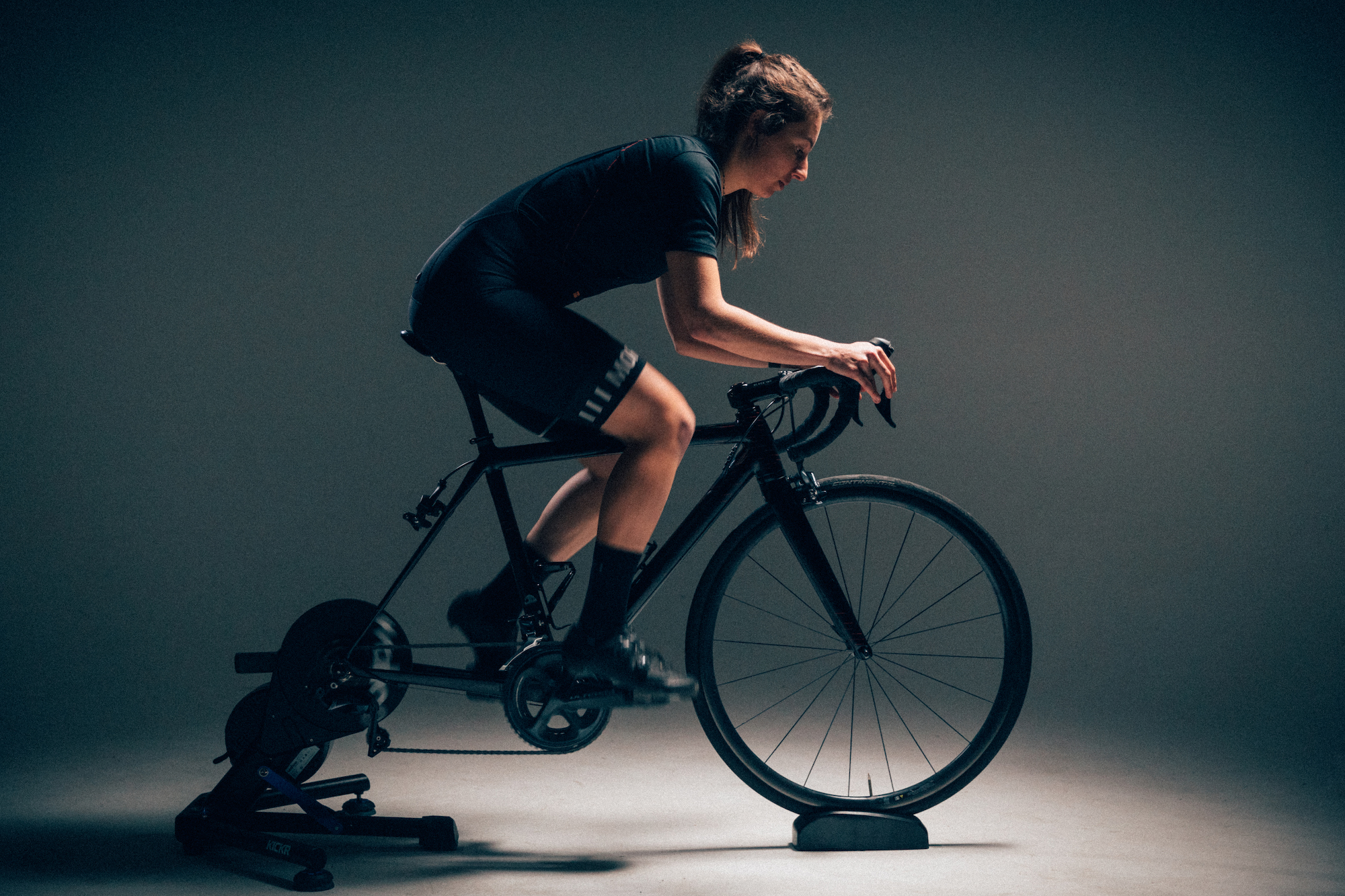 How quickly do you recover when you taper for a race?
How quickly do you recover when you taper for a race?The science of tapering can be a minefield, even for the most experienced cyclist.
By Alex Ballinger
-
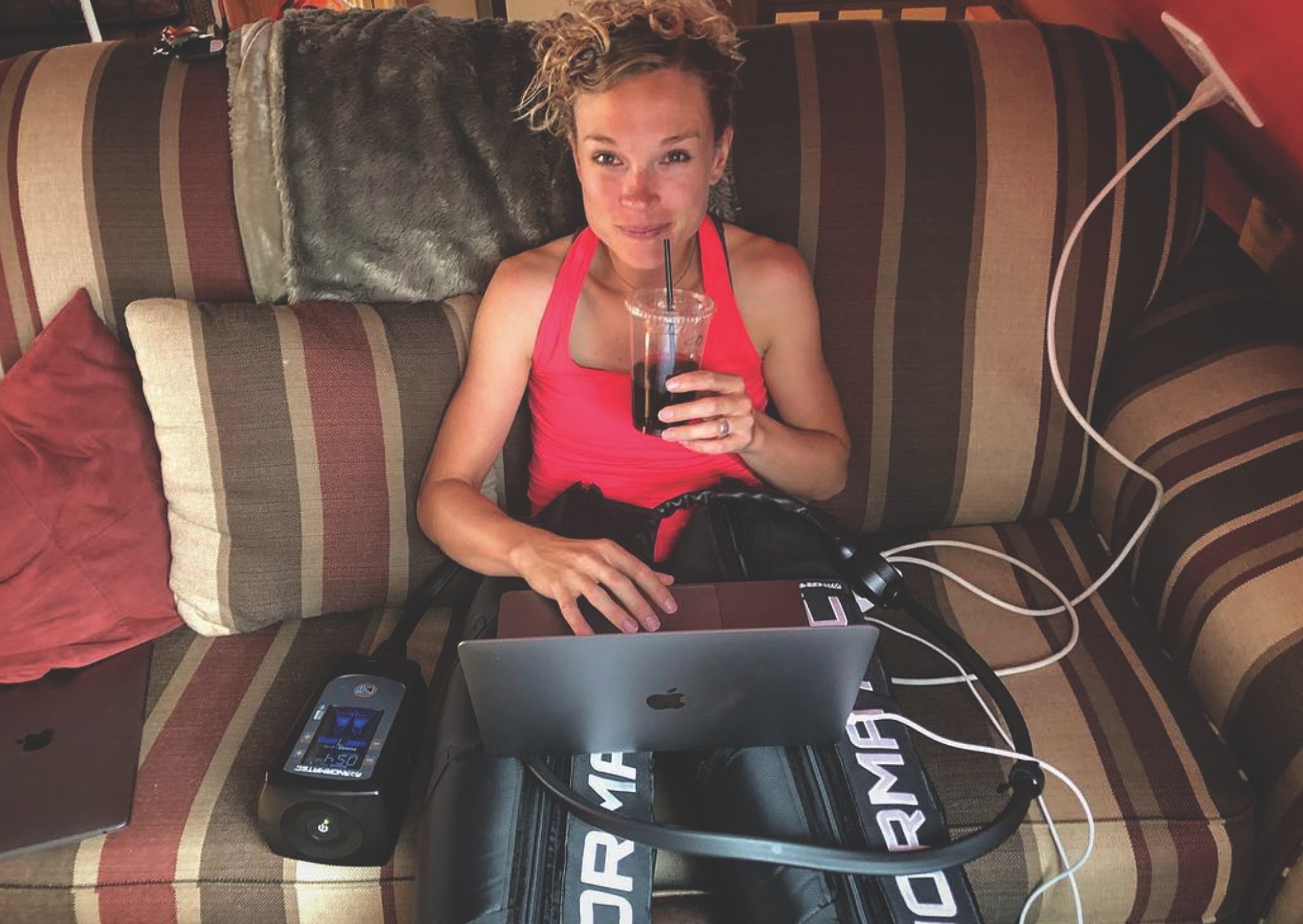 Recover better with NormaTec
Recover better with NormaTecMore and more pros are using NormaTec, and you can benefit too
By Cycling Weekly
-
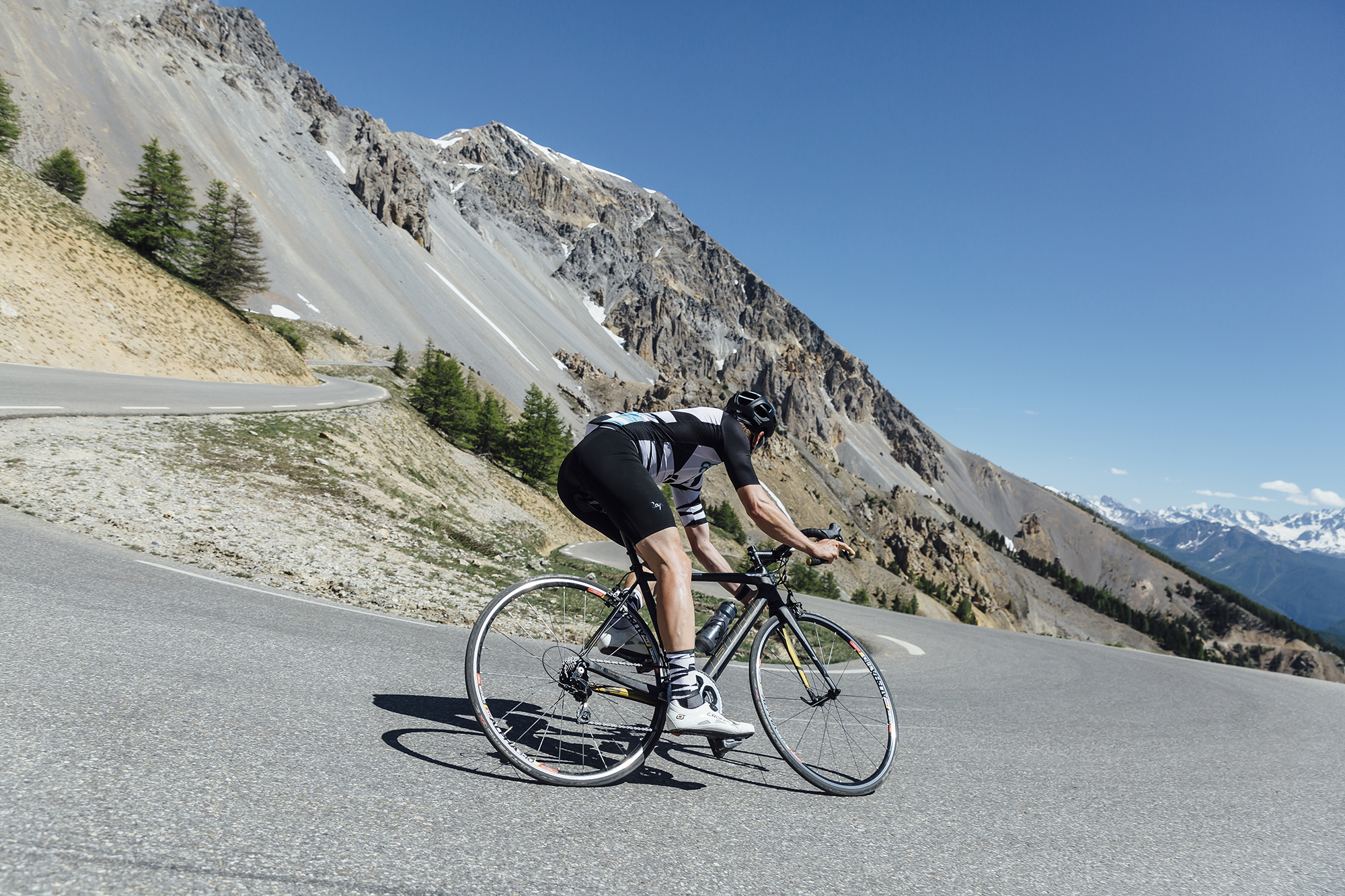 What a DNA test can tell you about your body
What a DNA test can tell you about your bodyYour individual genetic variances can deliver a huge amount of valuable insight – but how does a DNA test work, and what can it tell the average cyclist?
By Cycling Weekly